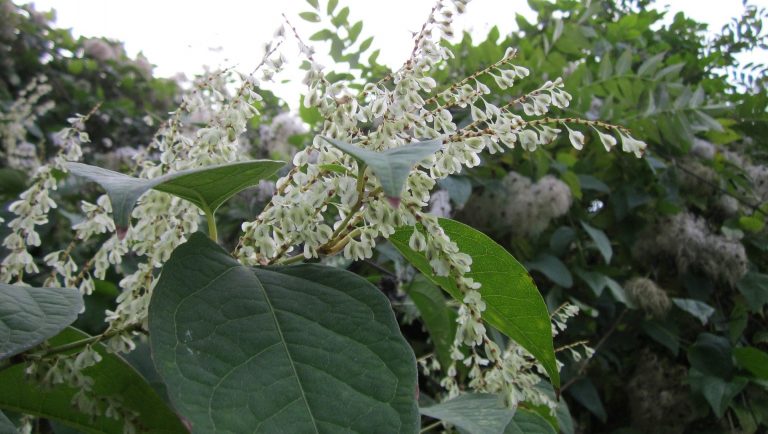WHAT WE DO
What Is Ecology?
Ecology is the study of how organisms interact with one another and their physical environment. Ecological management requires conforming with environmental legislation, regulations, and standards. In recent years, environmental concerns have led to a significant increase in industries awareness of the importance of ecology in our environment. As a result, significant emphasis is placed on ecological management at the planning, construction and operational stages of projects.
Biodiversity is the variety, variability, and the sum of all life forms on earth. Biodiversity encompasses the diversity of lifeforms on many different levels and the relationships between these lifeforms and their habitats. The earth’s biodiversity is its most valuable and most necessary resource, and should be protected at all costs.
Preliminary Ecological Appraisals (PEAs) are often required to accompany planning applications to relevant local authorities and is a term used to describe a rapid assessment of the ecological features present, or potentially present, within a site and its surrounding area.
A habitat survey is a method of gathering information about the ecology of a site. The essential piece of information collected is the habitat type to which a particular area can be assigned. Habitat types are determined by reference to a system of habitat classification, which must be clearly identified. The location and extent of different habitat types that are present in a site are mapped to provide a clear spatial record.
The aim of the European Habitats Directive (Council Directive 92/43/EEC) is to create a network of protected wildlife sites in Europe, maintained at a favourable conservation status. Each member state must designate their most important natural areas as protected areas. The Directive specifies the scientific criteria on the basis of which protected sites must be selected and very strictly curtails the grounds that can be used as justification for damaging a site. The network of sites is referred to as Natura 2000 and includes Special Areas of Conservation (SAC’s) and Special Protection Areas (SPA’s).
The Ecological Clerk of Works (ECoW) role involves monitoring to ensure that site-based construction activities are delivered in a manner that protects and enhances biodiversity. The ECoW will monitor works to ensure compliance with relevant legislation, planning conditions and any associated documents, e.g. Construction Environmental Management Plan (CEMP).
Protected species surveys establish the likely presence or absence of a protected species on or adjacent to a proposed development site. Some species have been given special protection through wildlife legislation, as a result of their rarity or due to their population decline. The presence of such species can be a material consideration when Planning Authorities are determining applications for developments. Proper concern for these species and effective mitigation can help proposals increase their chance of securing consent.
An invasive species is a non-native species that spreads from the point of introduction and becomes abundant. Invasive species are populations of species whose impact can adversely alter their new environment causing ecological, environmental, or economic damage.
Invasive species can have a significant impact on people, wildlife, and the environment through posing risks to human health, out-competing native species, and the destruction of habitats.





